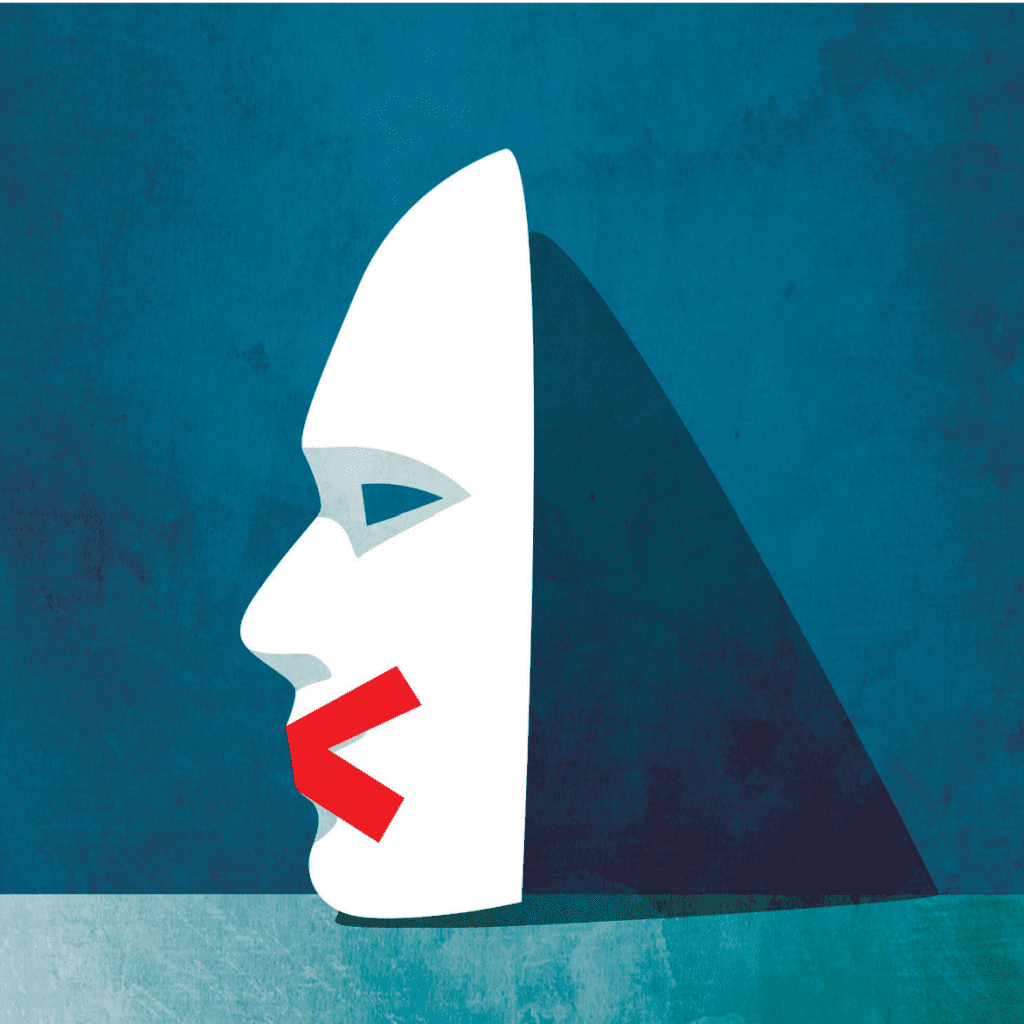More middle-class families experiencing ‘ruthless’ criminal county lines gang grooming, Commission finds.
02 March 2022
Families say they have been “ignored and abandoned” by wider support services when their children are groomed by county lines gangs, a new report has found.
This includes many middle-class parents who report being passed around from service to service when seeking help for their children.
The report from the Commission on Young Lives led by former children’s commissioner Anne Longfield says parents have struggled to get the support they needed when they found burner phones, unexplained amounts of cash or knives in children’s bedrooms.
Some teenagers “suddenly start behaving very differently, spending a lot of time with an unknown group of friends, or long and unpredictable periods of time away from home,” it says.
The report said that since launching the Commission, a number of middle-class families had been in contact to say they had experienced a “lack of meaningful intervention or support when their child has become involved in county lines or serious violence”.
It said this echoed the experiences of black and minority ethnic parents who were “acutely” affected by these issues.
The report also noted that there are particular risk points during childhood for pupils to become involved in county lines, such as the move from a small primary school to a larger secondary school where pupils can “fall through the gaps”.
“For some children it is during their pre-teen and teenage years when difficulties became very serious, putting them at risk of harm,” it says.
Families told the Commission that they felt they did not know who to turn to for support and that even when they did access help when their child was clearly in danger “this often fell short of what was needed to stop problems escalating”.
One parent described how their child and family was left without support while the teenager suffered increasingly serious harm.
The boy was referred for a St Giles charity support programme only when he was admitted to hospital with multiple life-threatening stab wounds.
Parents also reported facing extremely difficult choices, such as whether to walk teenage children to and from school and supervise the rest of their time at home, knowing this would mean giving up their job, or reducing the time they had available for younger children.
The report highlights how children from a wider range of backgrounds are being impacted by county lines grooming compared with 10 years ago, although families under financial pressure are under more strain, with overcrowded conditions driving tensions between teenagers and their parents and creating a desire to be away from home.
It adds that the dismantling of the Sure Start programme was a “huge, historic mistake” that “proved to be a false economy”, while the current plan for Government Family Hubs was not ambitious enough.
It calls on the government to “commit to a new partnership with families that gives them access to services that are known to make a difference in safeguarding teenagers from serious violence, county lines, gangs and exploitation”.
The report recommends that there are new legal duties for local agencies to provide early support, with a specific strategy in place for black and minority ethnic children.
The government should roll out Family Hubs in all disadvantaged areas with a longer-term aim to extend coverage to the 3,000 communities that previously had access to a Sure Start centre, it said.
Anne Longfield, Chair of the Commission on Young Lives, said: “The conveyor belt of vulnerable children available to county lines, gangs and abusers will continue to roll on while families are left without help beyond a blizzard of bureaucracy and assessment forms, and where they feel services are being done to them rather than with them.
“I am increasingly struck by the number of middle-class parents who are discovering what many disadvantaged families have known for years: organised criminals have a ruthless business model, and the decade-long breakdown in help and support, combined with the impact of Covid, is exposing their teenage children to serious violence and exploitation.”
“They don’t know where to turn to when it happens and feel abandoned and ignored.”



